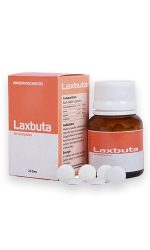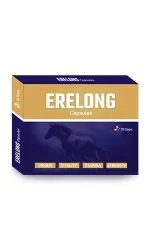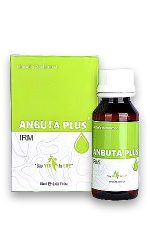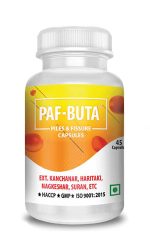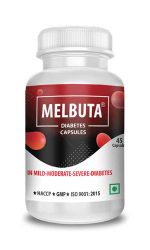UNIVERSIDADE FEDERAL DO PARANA LABORATORIO DE PESQUISA EM CELULASINFLAMATORIAS E NEO PLASICAS
LABORATORIO DE PESQUISA EM CELULASINFLAMATORIAS E NEO PLASICAS
S.C.B – Departmento De Biologia Celular
Centro Politecnico – CEP 81531-970
Curitiba – Parana
Tel. : (41) 3361-1770, 3361-1682 Fax : 3361-1568
E-mail : [email protected] & [email protected]
It was analyzed the toxicity of MODUL8 (ANBUTA PLUS) with K562 (immortalized from human myelogenous leukemia) by flow citometry. It was used the kit from BIOPharmigen, Annexin V-FITC Apoptosis Detection, and it was also used Propidium Iodide (PI) to evaluate cell viability and DNA content in cell cycle. PI is an intercalating DNA agent and a fluorescent molecule. All experiments were performed at least three times, and data, representative of three independent experiments, was performed in a double-bind manner with ANOVA and Tukey test.
Table with results about apoptosis and cell viability of k-562 cell line after modul8 treatment (*p<0,05)
| Viable | Necrosis | Early apoptosis | Late apoptosis | |
|---|---|---|---|---|
| Control | 85,705 | 11,00667 | 0,826667 | 2,456667 |
| Hidro-alcoholic solution | 85,22167 | 11,74167 | 1,126667 | 1,91 |
| Modul8 | 87,46333 | 9,128333 | 1,281667 | 2,126667 |
The percentage of viable cells is about 85% and there is no significance between groups after treatment.
There is no difference between G1, S and G2 phases of cell cycle between treated and control cells.
Conclusion: The medication does not interfere in cell cycle, does not damage DNA molecule and does not induce apoptosis. Briefly, it is neither toxic, nor mitogenic, or mutagenic.


